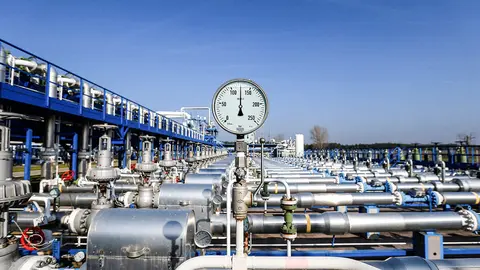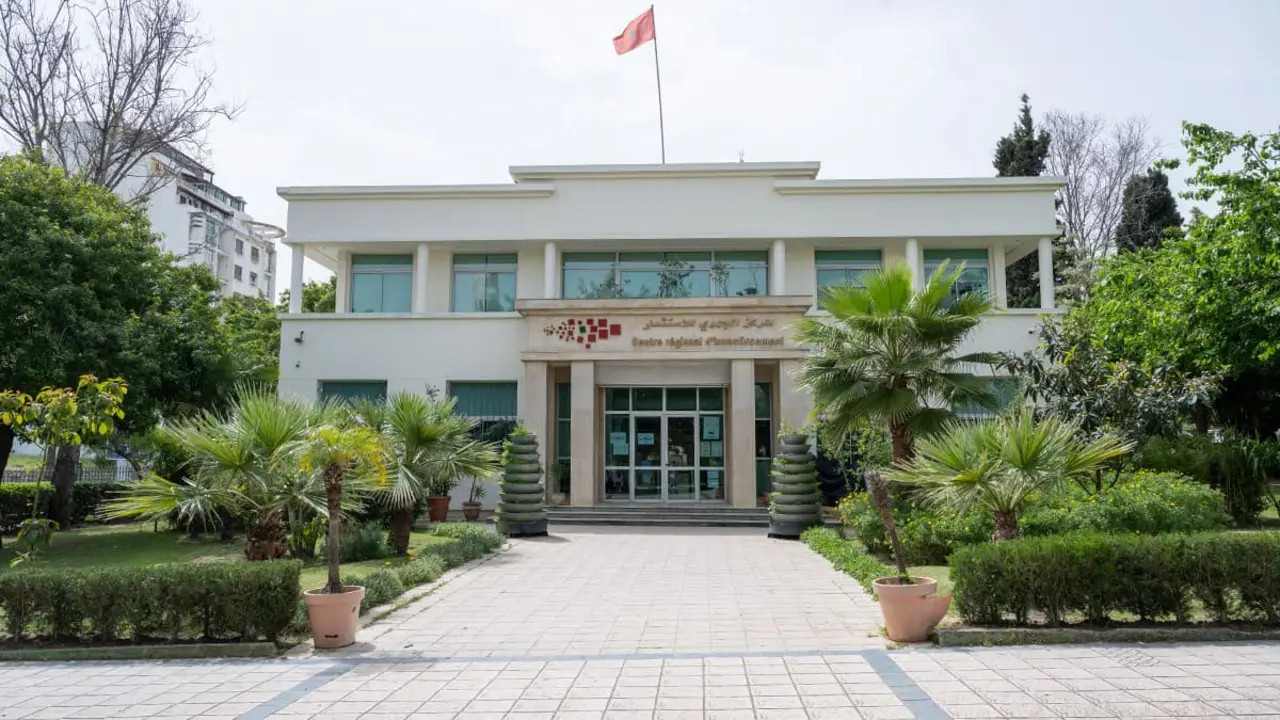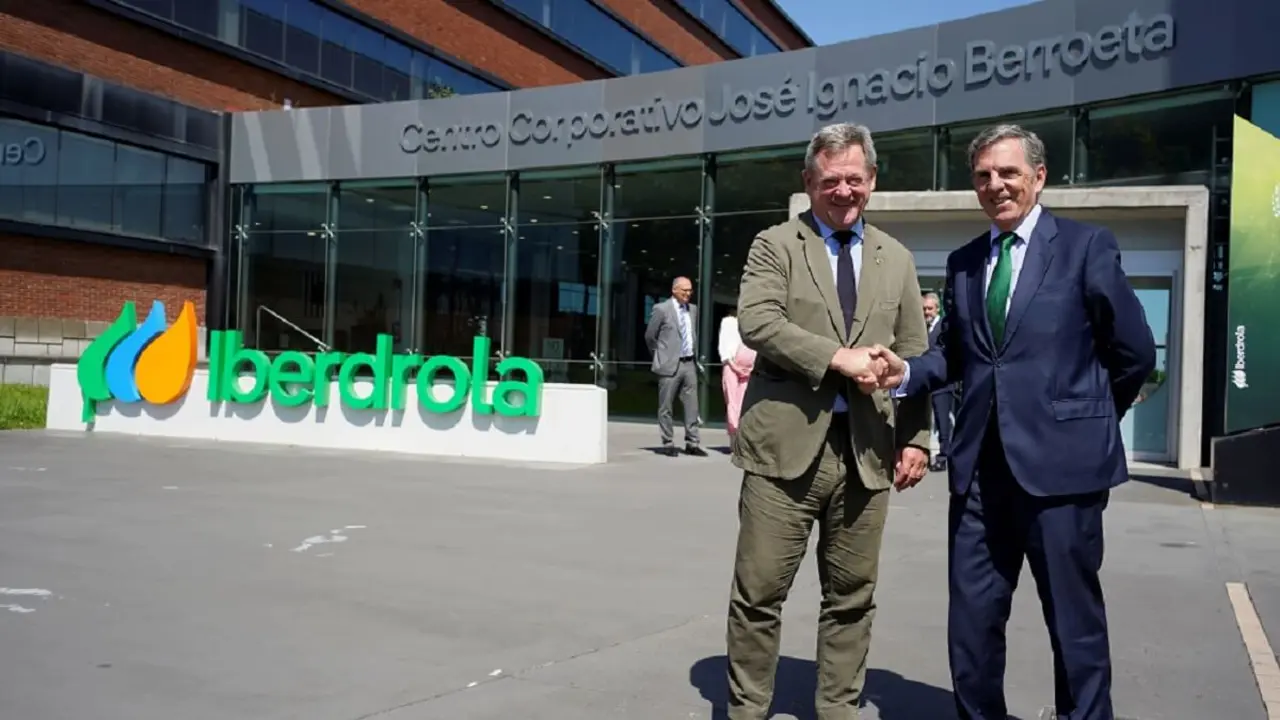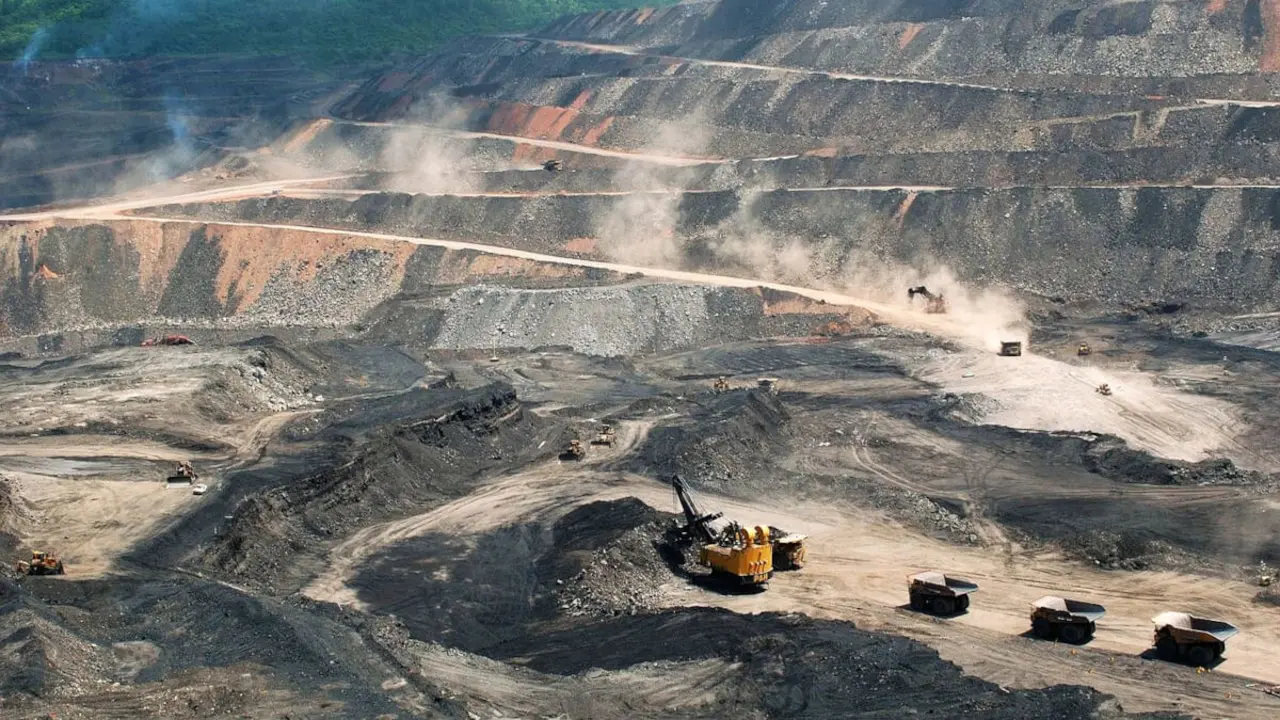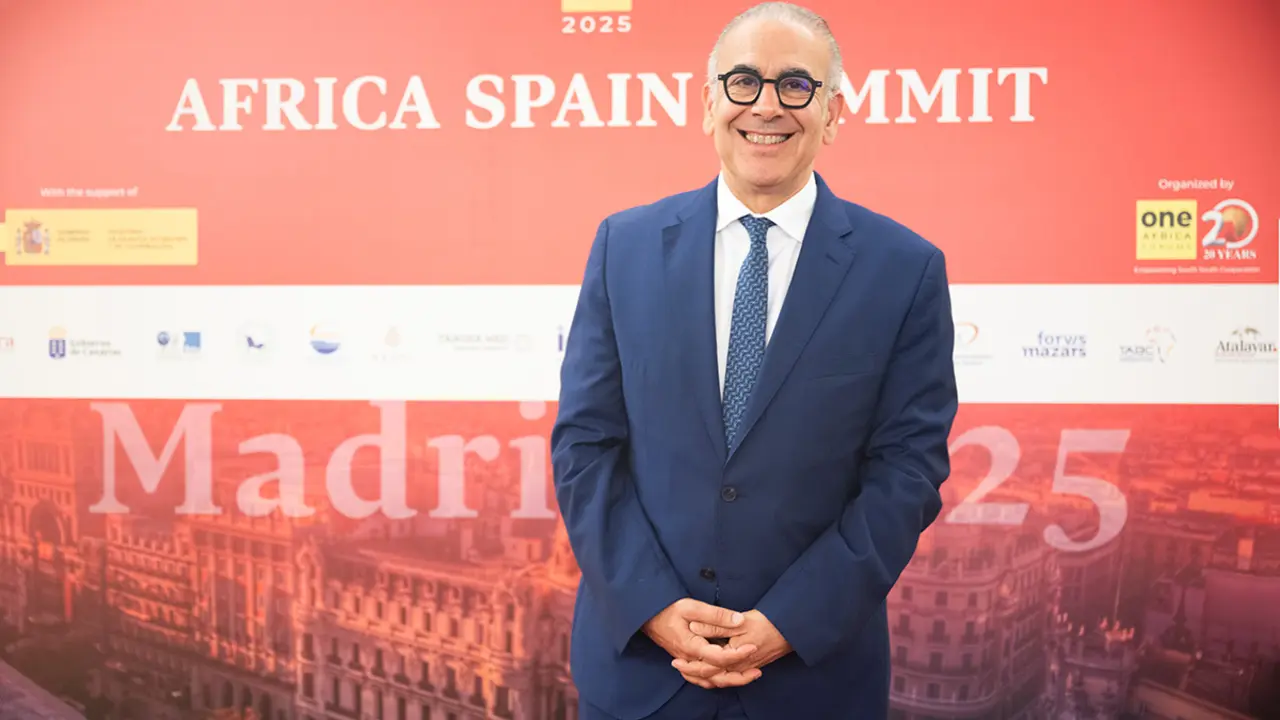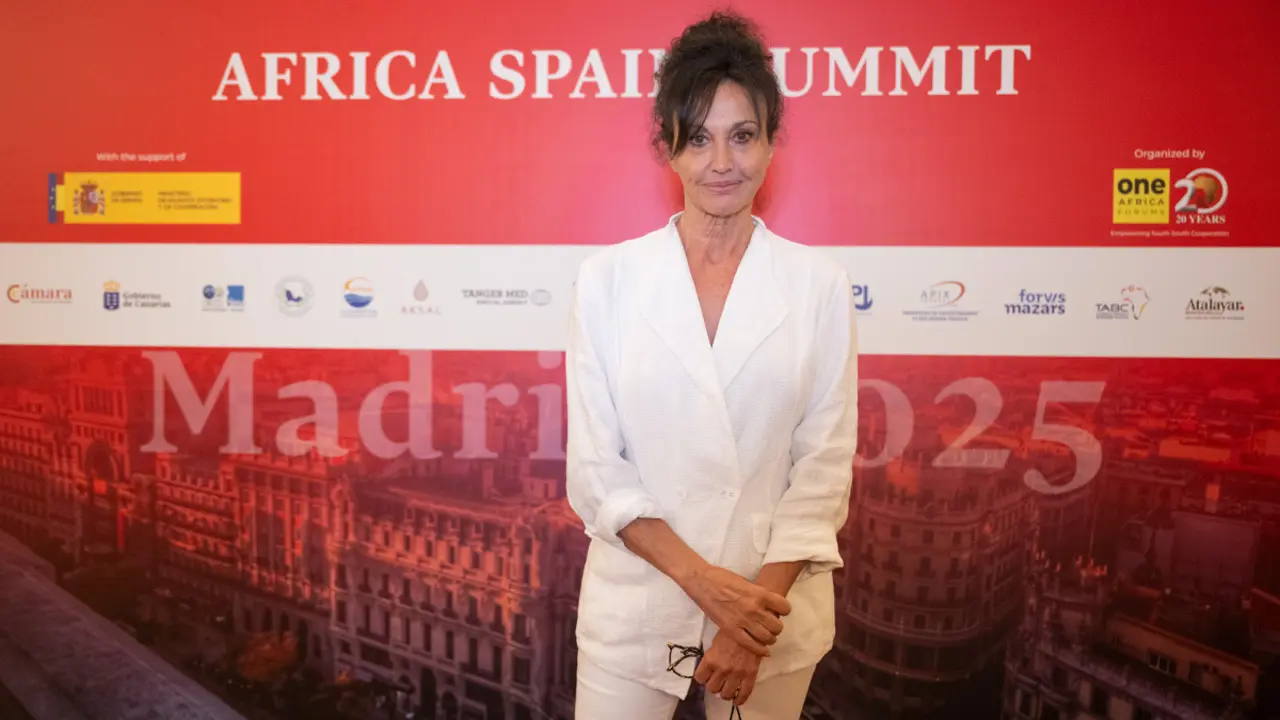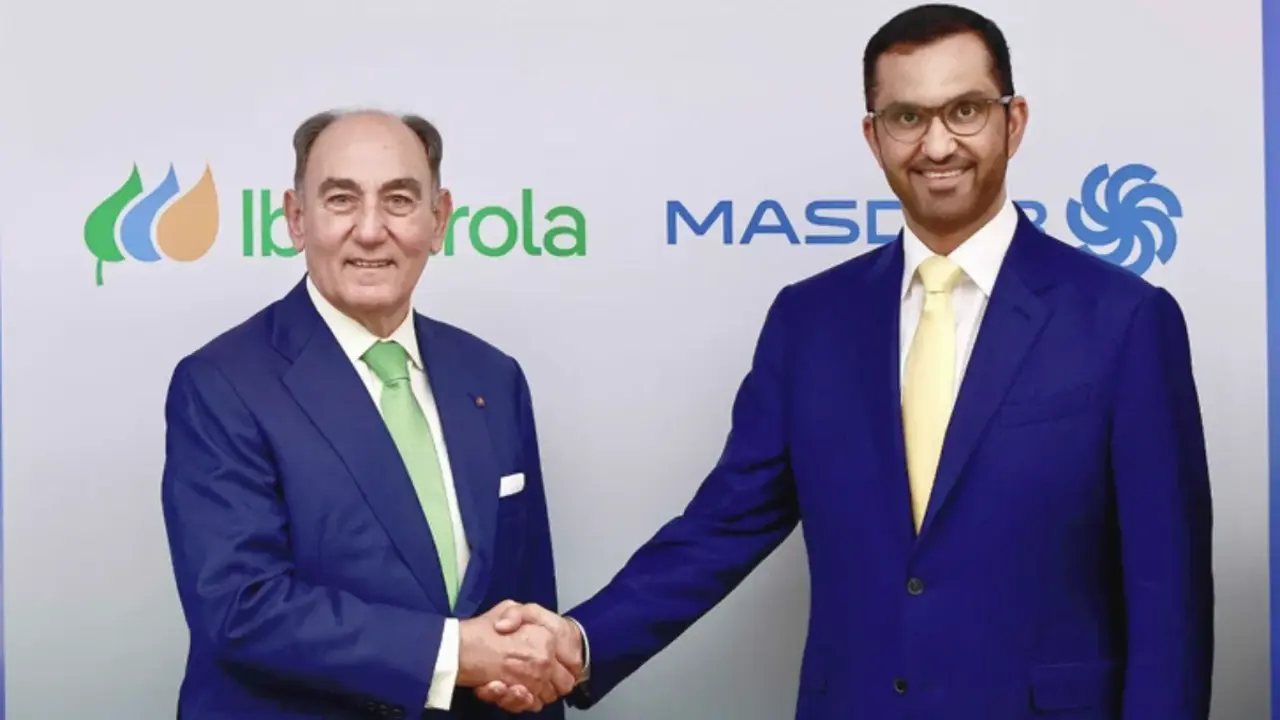Natural gas, essential for Morocco in the energy transition period

"The Moroccan gas industry: discovering its potential and promising future" is the title of the webinar held on 26 September, as an appetizer to the 3rd Oil and Gas Summit in Morocco, organised with the support of the National Office of Hydrocarbons and Mines (OHYM).

The debate, broadcast live on LinkedIn, was moderated by Edward Reed, Energyvoice journalist specialising in the African gas industry, and featured Imane Mansourine, Director of Production and Development at OHYM; Mohammed Seghiri, COO of Sound Energy; and Pierre Raillard, Director of Gas Business and Regional Director for Morocco at Chariot.

In her first speech, the director of the Moroccan National Hydrocarbons Office underlined the duty of the international community to combat climate change, a fight to which the Kingdom of Morocco is committed. "We want to promote the role of natural gas in the energy mix of countries as a substitute for oil, which is much more positive in terms of polluting emissions," said Mansourine, who recalled that by 2030, Morocco's objective is to obtain 52% of its energy from renewable sources.
The director stressed the idea that renewables do not yet offer the continuity required by industry, due to temporary or seasonal supply interruptions, which is why it is necessary to have the back-up of another energy source, such as natural gas.

Precisely for this reason, Morocco can play a very important role in the global energy transition, for which it has a series of favourable factors to attract foreign investment in the gas sector: political stability, favourable regulation, good future prospects thanks to the exploration of new fields and the development of storage and transport infrastructures.
The OHYM director also described the facilities provided by Moroccan legislation for companies investing in the development of the gas sector, such as one of the most favourable tax regimes in the world: low royalties of 5% for gas production and 3.5% for offshore production; 10 years of tax relief from the entry into production of the field; VAT exemption for all equipment and materials necessary for production; and unrestricted repatriation of profits.
Chariot and its production in Larache
In his speech, Pierre Raillard described the assets that his company, Chariot, has in Morocco, and he valued positively the strategic position of the kingdom between Europe and sub-Saharan Africa. "Our main objective is to provide the necessary supply to homes and industries in Morocco, although we do not rule out the possibility of exporting to Europe, mainly to Spain and Portugal, if there are surpluses," he said.

The Chariot executive quantified the planned production at its star field (Anchois, near Larache) at around 105 million cubic metres, and explained that they are currently discussing with the Moroccan government the details of interconnection and transport of this production. "Gas is a necessary product to accompany the energy transition," he concluded.
Sound Energy priorities
The third speaker, Mohammed Seghiri, COO of Sound Energy, also referred to his company's operations in Morocco and highlighted what, in his opinion, are the priorities of the company's performance in the kingdom: a culture of safety, working closely with contractors and subcontractors; the use of the latest technological advances, with innovations such as horizontal drilling techniques and electrical stimulation of reserves; proper management of the inherent risk in this industry; and the improvement of its capabilities to achieve business excellence.

Looking ahead, Seghiri sees Morocco "very well positioned in the global energy market, as well as in renewable energy and the hydrogen economy. But we must not neglect gas production, to ensure consumption while renewables are being deployed.
This webinar served as a prologue to a forum to be held from 24 to 26 October in Marrakech, about which Atalayar will keep you informed.

